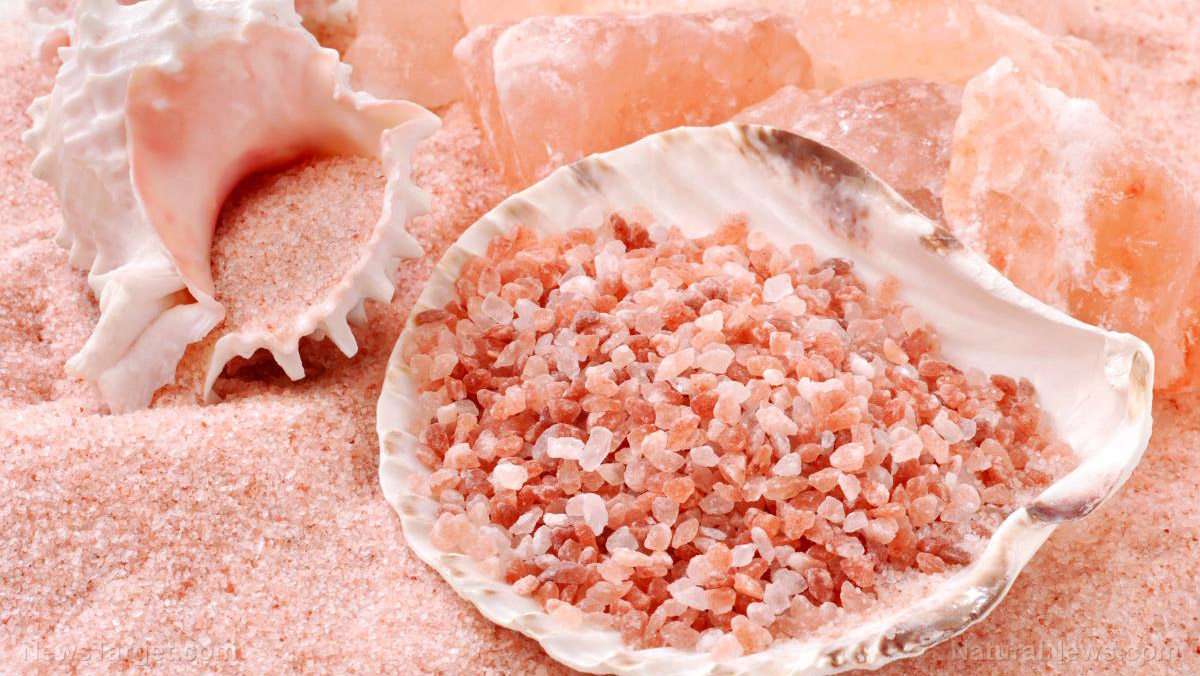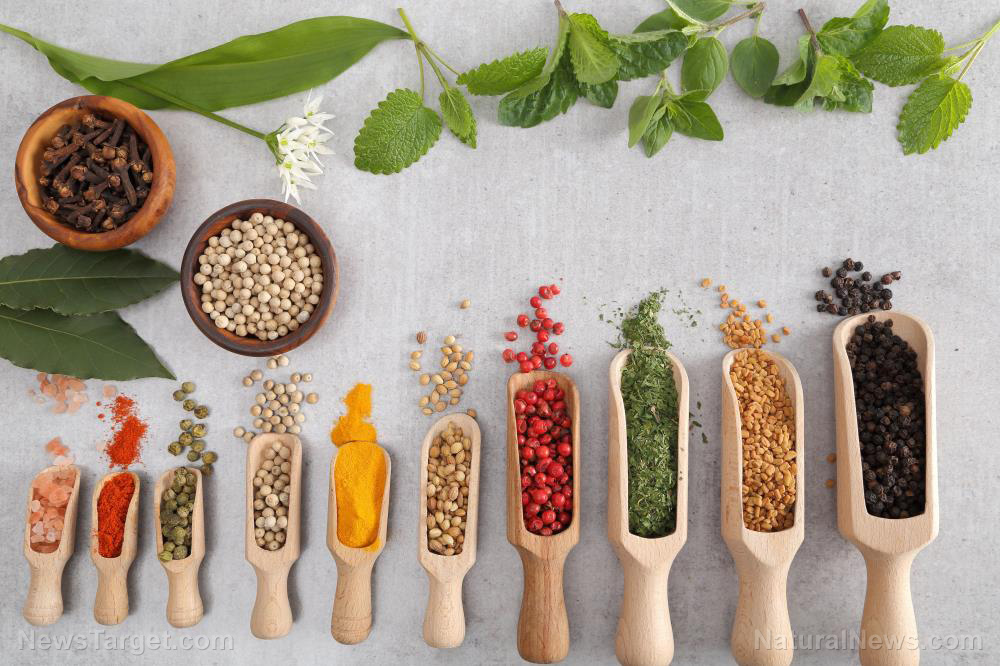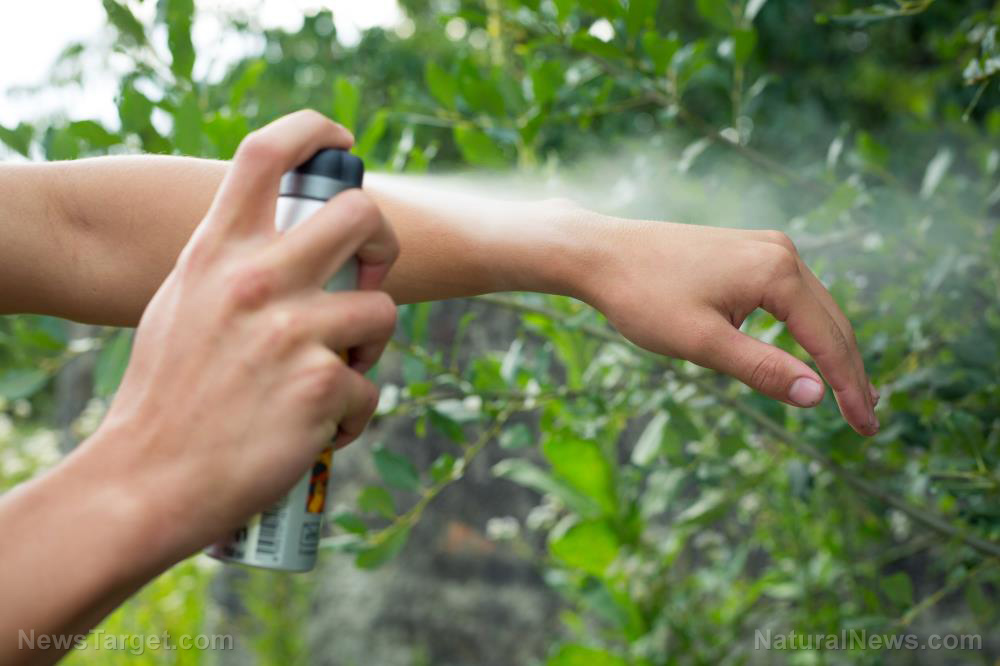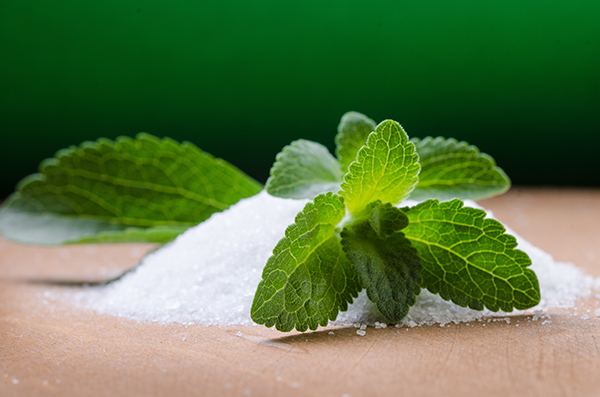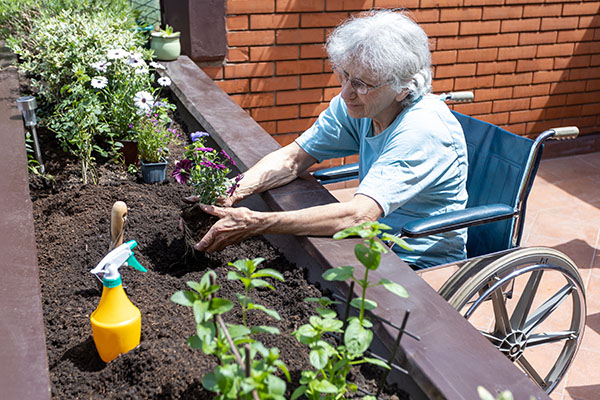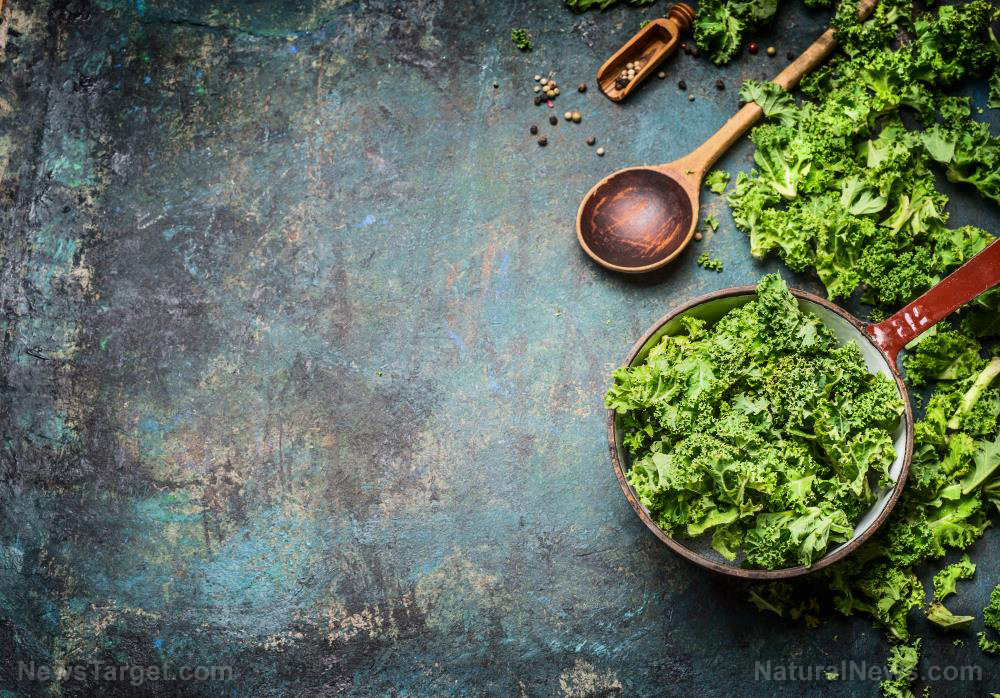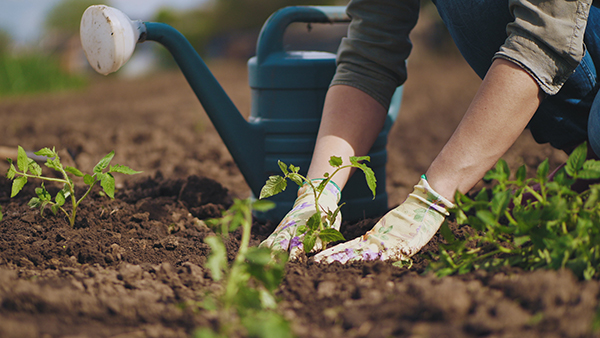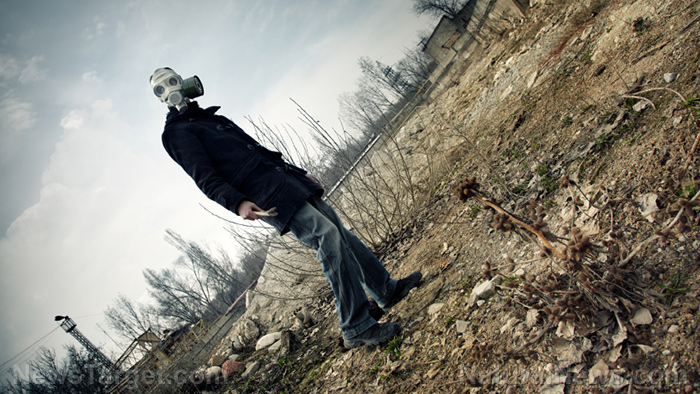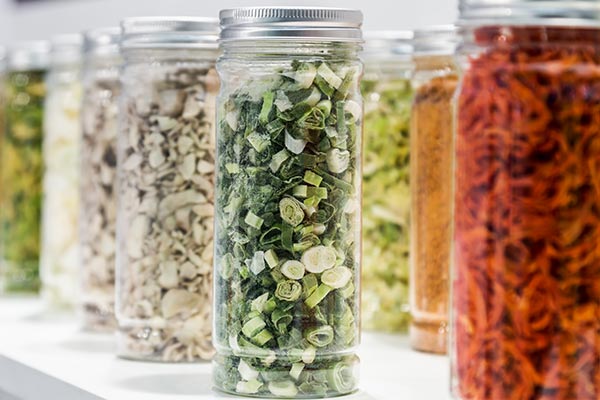How to make your own LIQUID SOAP without harmful chemicals
Human knowledge is under attack! Governments and powerful corporations are using censorship to wipe out humanity's knowledge base about nutrition, herbs, self-reliance, natural immunity, food production, preparedness and much more. We are preserving human knowledge using AI technology while building the infrastructure of human freedom. Use our decentralized, blockchain-based, uncensorable free speech platform at Brighteon.io. Explore our free, downloadable generative AI tools at Brighteon.AI. Support our efforts to build the infrastructure of human freedom by shopping at HealthRangerStore.com, featuring lab-tested, certified organic, non-GMO foods and nutritional solutions.
03/19/2024 / By Olivia Cook
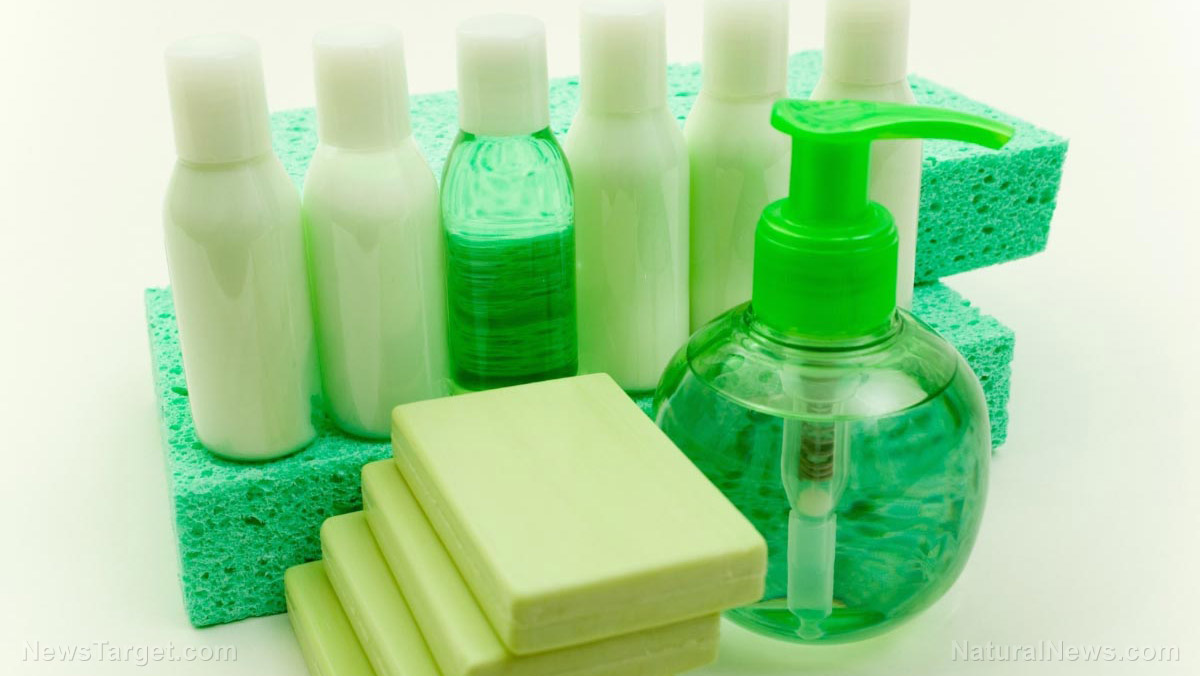
Soap is an incredibly useful household item in everyday life. Soaps allow us to keep clean and prevent the spread of harmful bacteria, microbes and germs that make us sick.
But have you ever purchased bath soap from big box stores, only to find out they smell weird when you sweat or totally dried your skin after using it? This is because commercial soaps contain fragrances and big soap manufacturers have tried to train us that “clean” has a smell.
The International Fragrance Association (IFRA) lists 3,059 materials that are reported as being used in fragrance compounds – and these compounds are often included in store-bought soaps. Some of these have been linked to adverse health effects including cancer, reproductive toxicity, allergies and sensitivities.
Fragrances are considered “trade secrets” so manufacturers are not required to disclose the potentially hundreds of toxic ingredients hiding behind the words “fragrance,” “perfume,” “essential oil blend,” and/or “aroma” found in most personal care products.
That being said, the best reason to use homemade soap is that you control its ingredients. The natural ingredients you choose to incorporate in your soaps can add a healing touch to your daily skin routine.
Homemade soaps are safe and easy to make. They are cost-effective and do not pollute the environment. Additionally, you can customize your homemade soap to your liking.
Make your DIY liquid soap with just 4 ingredients
Author and home blogger Karrie Truman of HappyMoneySaver.com shares her liquid soap recipe that only requires four ingredients.
First, liquid Castile soap is popular among people wanting to live more naturally. It does not contain harsh substances that strip the skin of its natural oils and moisture. EntirelyEco CEO Loni Brown says this quality makes liquid Castile soap a good choice for people with highly sensitive skin and respiratory systems.
Castile soaps are made using coconut, palm kernel or hemp oil, and are also available in solid form. They are readily available from health food stores and online retailers. (Related: Use natural liquid Castile soap for safe and wonderful homemade shampoos.)
Second, distilled water will help dilute the concentrated Castile soap without reducing its effectiveness. The process of distillation – purifying water by boiling it and collecting the resulting steam – offers the highest removal rate for the widest range of contaminants at 99.9 percent.
Third, essential oils can be added in to customize the liquid soap’s scent. Here are some good essential oils to use in your liquid soap that not only provide a natural aroma, but also fight germs.
- Lavender has a delicate, sweet smell with a calming effect
- Eucalyptus is often used to relieve nasal congestion
- Lemon has an invigorating smell that also kills pathogens
- Tea tree is known for its antibacterial properties masked by a fresh, herbaceous scent
Lastly, fractionated coconut oil (FCO) is a natural ingredient used for various household and personal care purposes. It is made by separating the different types of fats in regular coconut oil. The fractionation process renders FCO highly shelf-stable, lasting indefinitely at room temperature compared to only two years for regular coconut oil.
To make your natural liquid soap, simply combine the four ingredients in the amounts below and put in your soap dispenser of choice:
- 1 cup distilled water
- 1/4 cup unscented liquid Castile soap
- 1 tablespoon FCO
- 15 drops essential oil of your choice
It is advisable to use glass bottles to store your DIY liquid body soap because glass in impervious to essentials oil and is the perfect container for keeping DIY products fresh. Glass is also really easy to clean after using oils in the container. You only need to use water and soap to get the residual oils out.
The FCO can be replaced with other carrier oils like olive oil, grapeseed oil, jojoba oil or sweet almond oil. If you prefer your liquid soap unscented, you can choose not to add the 15 drops of essential oil.
Do not use fragrance oils for this DIY liquid soap. Fragrance oils, also called aromatic oils and flavor oils, are often blended synthetic aroma compounds or natural essential oils that are already diluted.
Visit Homesteading.news for more DIY projects you can do at home.
Watch this video that explains how to make your own dish soap and why you should.
This video is from the Natural Cures channel on Brighteon.com.
More related stories:
DIY prepper supplies: How to make non-toxic foaming hand soap.
Top 5 reasons to use goat’s milk soap.
The benefits of using real, natural soap.
Sources include:
Submit a correction >>
Tagged Under:
chemical-free, DIY, DIY soap, green living, homesteading, how-to, liquid soap, natural ingredients, off grid, preparedness, prepper, prepping, recipes, soap making, survival, tips
This article may contain statements that reflect the opinion of the author
Get independent news alerts on natural cures, food lab tests, cannabis medicine, science, robotics, drones, privacy and more from NewsTarget.com
Get independent news alerts on natural cures, food lab tests, cannabis medicine, science, robotics, drones, privacy and more from NewsTarget.com
RECENT NEWS & ARTICLES
COPYRIGHT © 2017 · SURVIVAL NEWS

